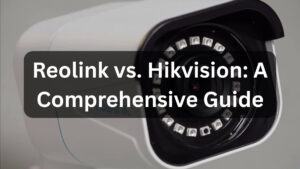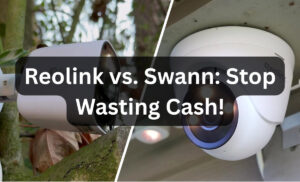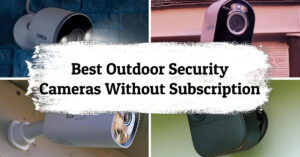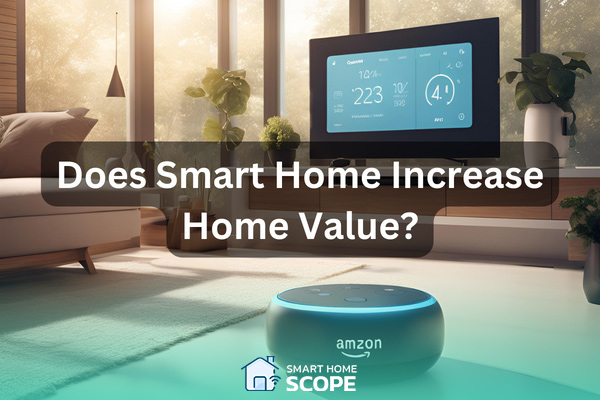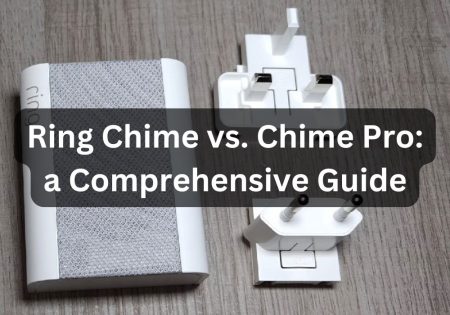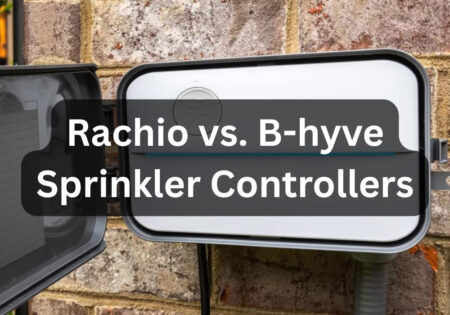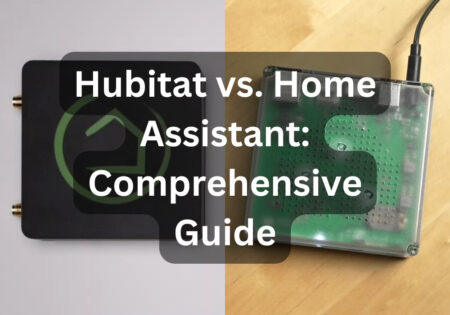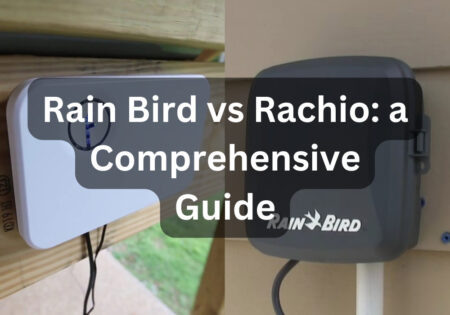Have you ever wondered, “does a smart home increase home value?” Well, honestly, it depends on many factors. While making a home smart can potentially add to its value, in some situations it doesn’t do any good. I’m Erfan Askari and in this article, I’ll tell you all about a smart setup’s impact on the value of your home.
Does Smart Home Increase Home Value? The Key Takeaways
The value of a living space can potentially be increased by smart tech, however, there are key factors to consider:
- Higher Selling Prices: It is true that smart tech can add to a home’s price, but avoid over-investing in high-tech devices that exceed the neighborhood norm.
- Faster Sales: Smart Home could also speed up the sales process, but that’s just for tech-savvy areas, not in less tech-forward neighborhoods.
- Customization & Compatibility: Integrated smart devices must be supported by popular platforms like iOS and Android, otherwise they won’t be appealing as much.
- Interesting Smart Gadgets: Security devices (like video doorbells); energy management devices (such as smart thermostats); Smart home hubs (like Amazon Alexa)
So, if the goal is to increase home value through smart tech integration, you need to act wisely. For instance, imagine you’re in a neighborhood where the average price for a home is $300,000. Investing in a smart thermostat, smart lighting, and a basic security system could roughly cost about $1,150 for an average-sized home. This investment could potentially increase the home value to $320,000 since these smart integrations are appealing to buyers.
On the other hand, if you invest in high-tech, unnecessary gadgets like a $10,000 automation system, high-end AI-driven home appliances, or sophisticated smart home theater setups that most buyers don’t appreciate, the cost of such a setup would be about $50,000. However, the home value would only increase to $330,000. Doing the math, it is obvious that such a setup won’t benefit the home’s value as much as it should.
Investing wisely in smart tech can boost home value by $20,000 for a $1,150 investment
Moving forward, we’ll dive through this topic more thoroughly, so keep on reading!
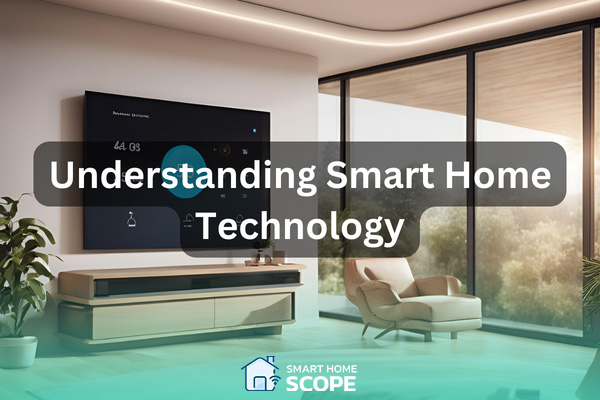
Understanding Smart Home Technology
To fully understand the value smart tech adds to a home, you must first understand what these modern gadgets are and how they operate. Any device that can be connected to a network to work with other connected gadgets in harmony and can be controlled remotely and independently is known as “smart” technology.
These devices come in various categories. Some are responsible for security, some are in charge of energy management such as smart thermostats, and some are entertainment units; the list goes on! All of these devices work in harmony to promote convenience and efficiency inside your living space.
- Smart Thermostats: The most interesting role these devices play is adjusting a home’s temperature according to your habits. This can significantly add to the level of comfort and energy management efficiency in a living space.
- Smart Lighting: The ambiance of your home can be easily controlled using your voice or an app on your smartphone with smart lighting devices installed. The smart lighting device intelligently adjusts the brightness of your place based on daytime.
- Smart Security Systems: The point of smart security systems, and what makes them stand out, is the ability to control and monitor your home from anywhere, anytime. Each gadget, from video doorbells to security cameras, can be controlled remotely. Features such as motion detection make these gadgets even more appealing.
- Voice Assistants and Integrated Systems: Amazon Echo or Google Home are smart speakers that can act as the hub of your smart setup. Alexa on Amazon products and Google Assistant on Google products are the voice assistants integrated inside, helping you manage various aspects of your environment using voice commands. For instance, you could say “Alexa, turn off the lights” to shut down your Alexa-compatible lighting devices easily.
Does a Smart Home Actually Impact Home Value?
Although the idea of a smart place is appealing, it isn’t without drawbacks. If you want to add to your home’s value by making it smart, you need to have a balanced perspective. Here’s how your home can benefit from smart tech:
Higher Selling Prices (Condition: Don’t Over-Invest)
A smart home is a more convenient living place, so logically, you can expect a higher value for it. But there’s a caveat; investments in smart gadgets must be made wisely. Over-investing in high-tech devices that exceed the norm for the neighborhood can’t be too effective on home value.
Faster Sales (Condition: Consider the Right Area)
In a tech-forward market, you can speed up the selling process with the right smart enhancements. However, this isn’t a universal rule since there are areas where smart technology isn’t valued that much. It might even be considered a luxury feature and could slow down the process.
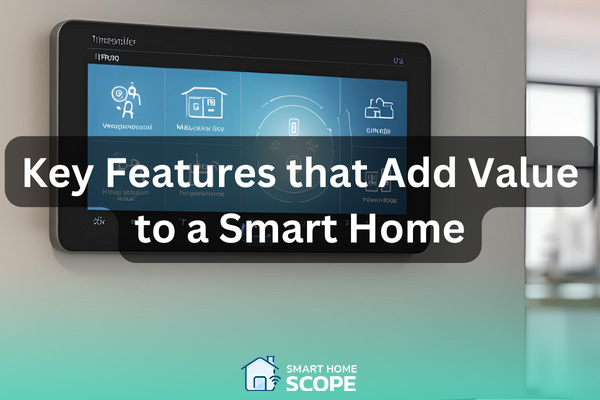
Key Smart Features that Increase Home Value
Due to my interaction with the real estate market, I am aware of some of the most important features that attract a majority of buyers when it comes to smart setups inside a living environment. Here are the key functionalities to consider:
Smart Security Systems
Security is the number one aspect that potential buyers look into while searching for their future home! If your place is equipped with robust surveillance gadgets such as video doorbells, smart cameras, and smart locks, it means that it brings a recognizable amount of security to the environment. But again, you must take into account the factors I suggested in the previous section; your gadgets mustn’t be too complex, and compatibility with popular platforms is also important.
Energy Management
Energy management devices such as smart thermostats and smart lighting systems are also pretty appealing to buyers because they can reduce energy consumption and lower utility bills. It’s not only a matter of money; these systems can be beneficial from an environmental standpoint. Nevertheless, I must mention that the added value and savings can vary depending on the area’s climate and the existing efficiency of the home.
Convenience Features
Smart refrigerators, ovens, and washing machines add a layer of convenience to the home that is irresistible to some buyers. They can be easily controlled by a smartphone app. Voice-controlled systems like Amazon Alexa or Google Home can also be appealing. Most people find these a vital part of a smart home since they tie the whole smart system together and bring harmony, which leads to further convenience. Although these features look interesting, the initial cost and the ongoing need for updates and maintenance are something that people consider when it comes to convenience features.
Health and Wellness Integrations
As health and well-being concerns are growing in the world, gadgets that contribute to human health such as air quality monitors or smart fitness equipment become more popular.
Market Considerations and Buyer Preferences
Understanding the market plays a pivotal role in determining the actual effect of a smart home on home value. You should consider what buyers prefer depending on many factors. Take these into account, and you will know if the technology you’ve integrated into your home actually adds value to it or not. Here are the considerations:
Demographic Trends
Buyers from younger generations like Millennials or Gen Z are more likely to find value in a home equipped with smart devices since they feel more comfortable with the new technologies. On the other hand, older generations usually don’t care about such technologies and find them difficult to work with, so there’s no value there for them.
Regional Variations
The area that the home is located in is also an important consideration. In tech-savvy urban areas, technology is more valued and expected, so a smart home is significantly appealing. On the other hand, in areas where technology adoption is slower, a smart home is not valued that much.
Compatibility and Integration
The compatibility of smart devices is also an important factor. If the devices are compatible with popular platforms such as iOS or Android, it is more likely that potential buyers are more eager to buy the place because the flexibility allows them to seamlessly integrate their existing devices without dealing with compatibility issues.
Homes equipped with complex or unpopular technologies are only interesting to a niche group of people. Mainstream buyers who prefer simplicity and intuitiveness aren’t going to be attracted. If you are utilizing state-of-the-art technology, you are surely catching the attention of a small tech-savvy group. But those less familiar with smart home tech aren’t going to fall in love with the facilities you’ve provided, thus detracting from the perceived value of your setup.
Economic Considerations
If the real estate market is booming, then smart technology can be an attractive competitive advantage. But in slower markets or areas with lower tech adoption, smart tech isn’t appreciated that much and doesn’t add a significant amount of value to the property.
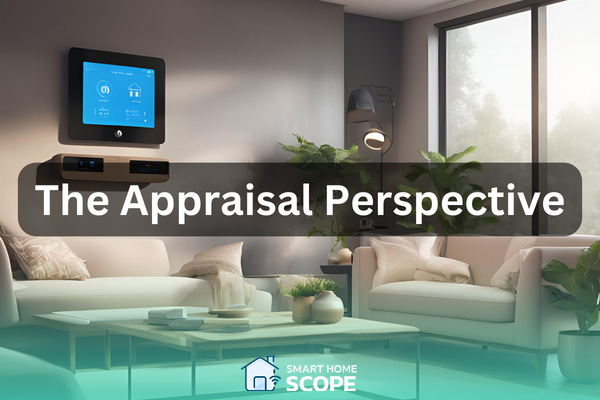
Does Smart Home Increase Home Value: The Appraisal Perspective
In my interactions with many appraisers, I have figured out that smart technology can indeed add value to a home. However, they say that this added value depends on many factors.
Recognized Value
As we discussed earlier, there are some vital technologies with recognized value that can increase home value. Devices that enhance security and energy efficiency are the most important ones. But this value depends on how well-maintained and current the technology is.
Adjustments Based on Comparables
Appraisers add value to a smart home based on comparable homes in the area. If smart technology is appreciated in the neighborhood, then the added value is significant; if not, then there’s no value there.
Over-Improvement Risk
If the technology integrated into your smart home makes it way pricier than similar properties in the area, then the place is going to be harder to sell! So, it is crucial to balance your investments and not install overly sophisticated systems in a moderately priced home.
Functional Obsolescence
Technology doesn’t stop advancing; it moves forward rapidly. So appraisers analyze the cost of maintenance and updating your system. If the technology is too expensive to keep updated, or is soon to be outdated, there’s not much value to it.
Conclusion
In conclusion, I hope you now know the answer to “How does a smart home increase home value?” As I mentioned many times, with the right considerations and a balanced perspective on investments, the value of your home is undeniably increased.
